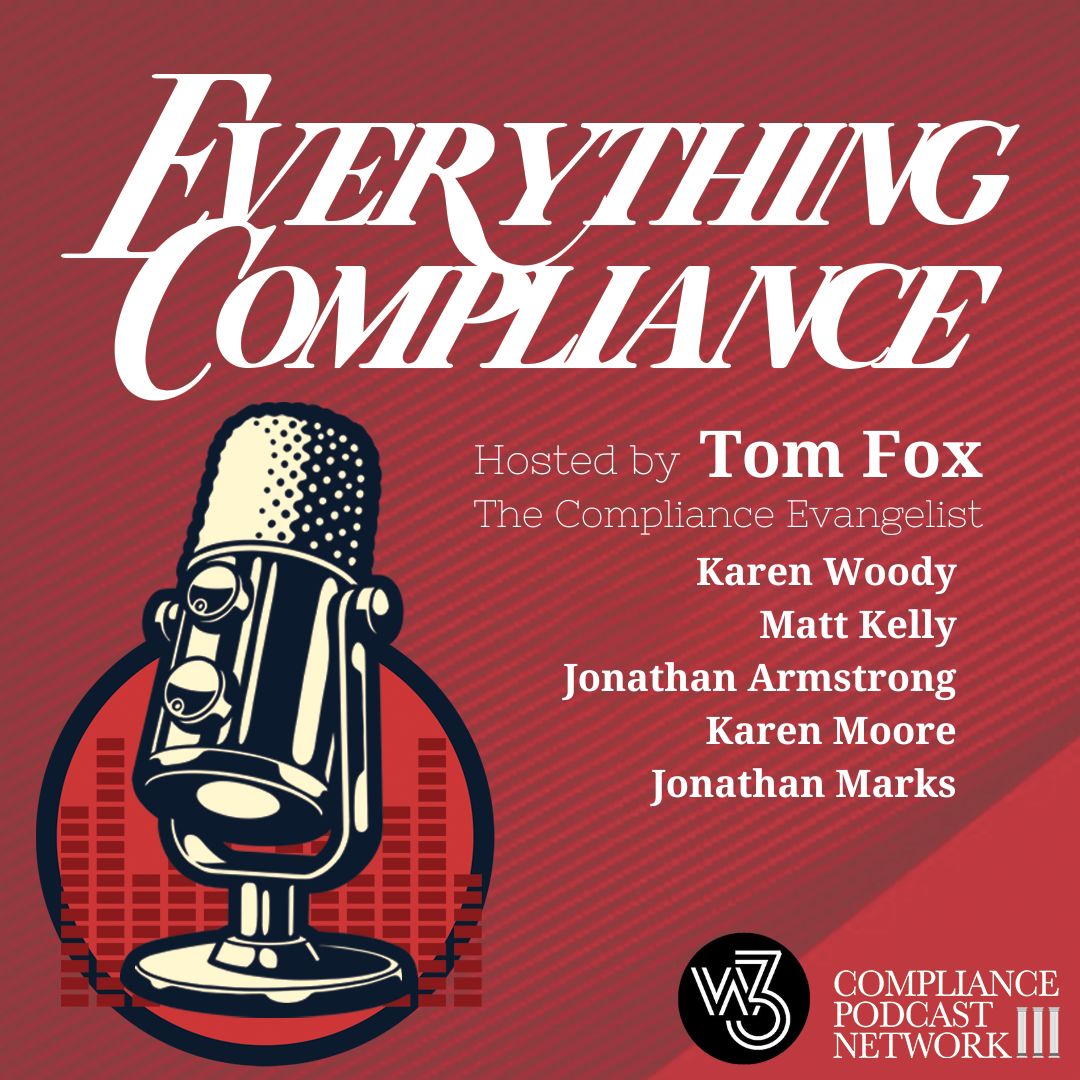Principal Deputy Assistant Attorney General Nicole M. Argentieri spoke at the Society of Corporate Compliance and Ethics 23rd Annual Compliance & Ethics Institute. ( A copy of her remarks can be found here.) She reiterated the long-stated policy that compliance professionals play a critical role in ensuring companies comply with the law and foster a culture of ethics and integrity. She noted that the Department of Justice (DOJ) has made it clear that companies are the first line of defense against corporate crime, and compliance officers are on the front lines of this defense. The 2024 update to the DOJ’s Evaluation of Corporate Compliance Programs (ECCP) and the introduction of new pilot programs in 2024 underscored the increasing importance of the roles of compliance professionals. This blog post will review her remarks on the DOJ Compensation Incentives and Clawbacks Pilot Program (Clawbacks Program).
The Early Impact: Changing Corporate Behavior
Argentieri believes that early indications suggest these innovations are changing corporate behavior. One notable example comes from a company under agreement with the Criminal Division that required adherence to compliance standards and reporting misconduct as part of its annual performance reviews. Coupled with a company-wide messaging campaign, these efforts have increased reporting of potential compliance issues—a clear sign that employees are responding to the new incentives.
Moreover, the DOJ has observed companies integrating assessments of how employees demonstrate core values into their performance reviews. For example, one company now evaluates employees across categories such as individual and team performance, goal accomplishment, and demonstration of core values. These metrics are then factored into both compensation and promotion decisions. This approach reinforces the importance of ethical behavior and embeds compliance into the fabric of corporate culture.
Dual Pillars of the Clawbacks Program
The program is built on two foundational pillars. The first involves mandating that every corporate resolution under the Criminal Division’s supervision include compliance-related criteria in its compensation and bonus systems. This mandate compels companies to establish metrics that reward compliance-promoting behavior and deter misconduct. While similar language has been included in some corporate resolutions, the pilot program has made it a requirement in every Criminal Division resolution since its inception. So far, this requirement has been incorporated into nine corporate resolutions spanning five industries: tech, finance, crypto, manufacturing, and energy.
This shift is a formality and a strategic realignment in how companies approach compensation. By linking financial incentives to ethical behavior, these nine companies set a precedent for others in their industries. They align compensation with financial performance and the broader goal of conducting business ethically. This is a significant move, one that has the potential to set a new tone across the marketplace.
The Second Pillar: Fine Reductions for Financial Accountability
The second part of the Clawbacks Program offers a tangible incentive for companies to hold individuals financially accountable for misconduct. Specifically, companies that recoup or withhold compensation from culpable employees—or those who had supervisory authority and were aware of or willfully blind to the misconduct—are eligible for a fine reduction. The reduction is equal to the amount of the withheld compensation, reflecting the DOJ’s commitment to promoting financial accountability as a cornerstone of corporate compliance.
Argentieri reviewed the two companies that have benefited from this aspect of the clawbacks program; both come from Foreign Corrupt Practices Act (FCPA) enforcement actions. Albemarle, for instance, implemented procedures to freeze future bonuses for those suspected of misconduct, those who directly oversaw employees involved in misconduct, or those who ignored red flags. As a result, Albemarle received a reduction in its criminal monetary penalty equal to the amount of the withheld bonuses. In recognition of its substantial cooperation and significant remediation efforts, Albemarle also received a 45% reduction from the low end of the applicable penalty range—the highest percentage reduction to date.
Similarly, SAP withheld compensation from culpable employees and defended this decision through litigation, reinforcing the message that misconduct would have individual financial consequences. SAP’s actions not only earned the company a fine reduction equal to the amount of the withheld compensation but also played a critical role in the DOJ’s decision to grant a 40% reduction in its overall fine.
Lessons for Compliance Professionals: The Power of Financial Incentives
The lessons from the DOJ’s clawbacks pilot program are clear and compelling for compliance professionals. First, integrating compliance into compensation structures is a powerful tool for driving ethical behavior and deterring misconduct. Companies that make compliance a critical factor in determining compensation send a strong message to their employees: engaging in ethical behavior is not just encouraged but essential for business success.
Second, the importance of financial accountability must be balanced. The DOJ’s willingness to reduce fines for companies that recoup compensation from culpable employees highlights the agency’s commitment to holding individuals responsible for their actions. This aspect of the pilot program is particularly significant as it underscores the role of individual accountability in fostering a strong culture of compliance.
Finally, continuous evaluation is key. The DOJ is urging companies to regularly assess the effectiveness of their compliance-linked compensation systems, seek feedback, and make necessary adjustments. This iterative process ensures compliance metrics remain relevant and effective, allowing companies to stay ahead of emerging risks and maintain a robust compliance culture.
As we move towards the second half of the DOJ’s pilot program, the early successes in promoting compliance through compensation-linked incentives and financial accountability are setting the stage for a new era in corporate governance. The evidence so far suggests that this approach is feasible and effective in driving meaningful change in corporate behavior.
For those in the compliance profession, this is a pivotal moment. Integrating compliance into compensation and emphasizing financial accountability are significant advancements in corporate ethics and governance. It’s an opportunity to champion these changes within your organization and to be part of a broader movement that aligns financial success with ethical business practices.
In the long run, this pilot program’s true test will be its enduring impact on corporate behavior. But if the early indicators are anything to go by, we are witnessing the beginning of a new chapter in compliance—one where doing the right thing is not just the ethical choice but also the smart one.






